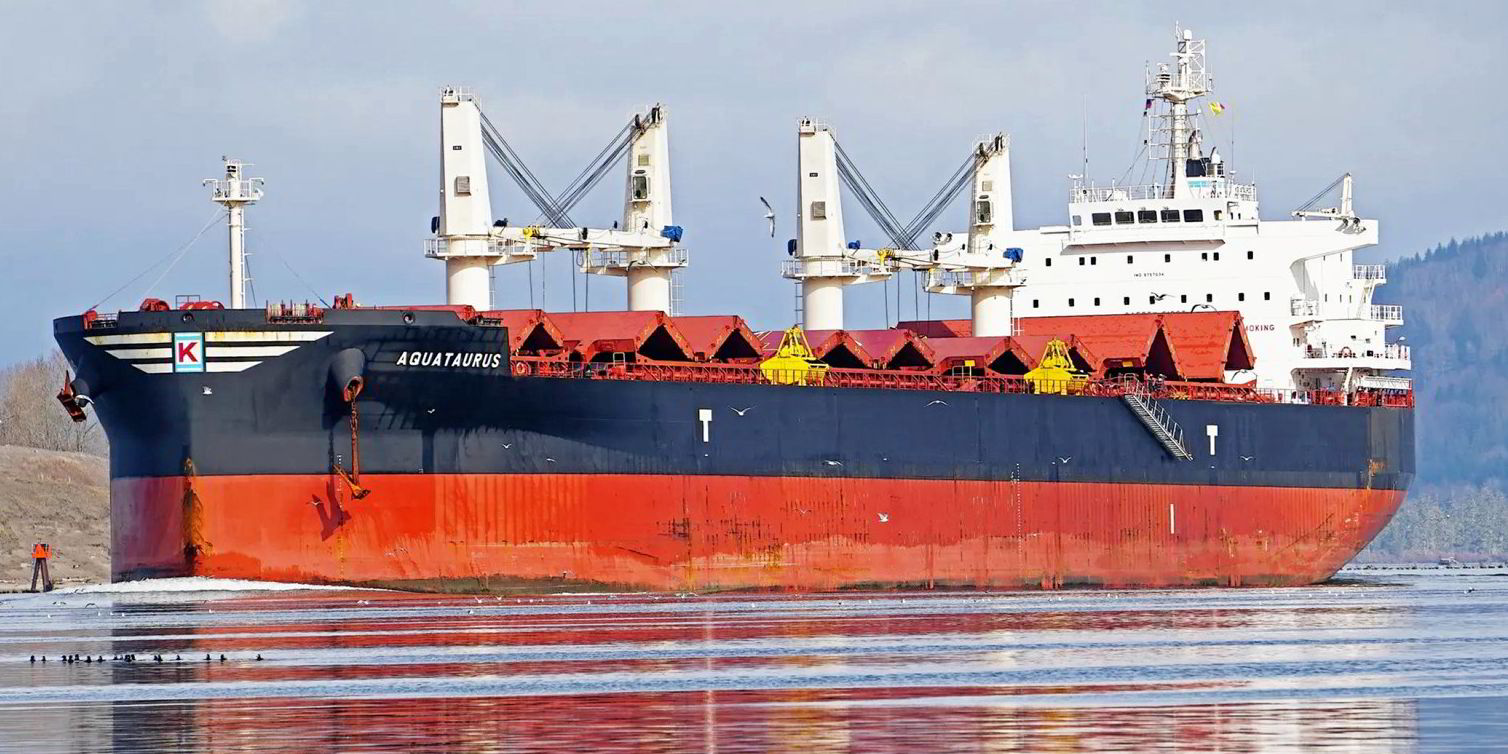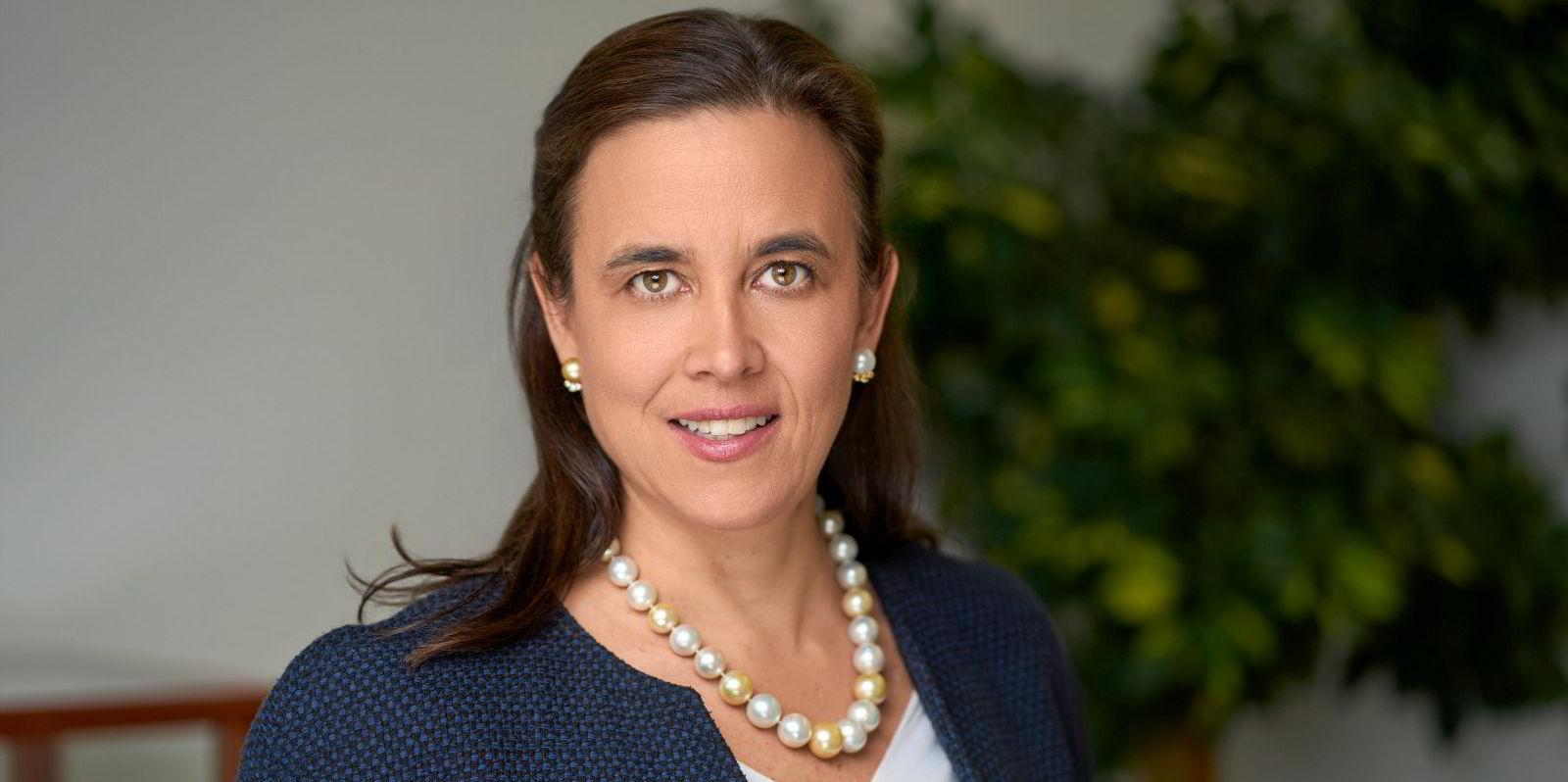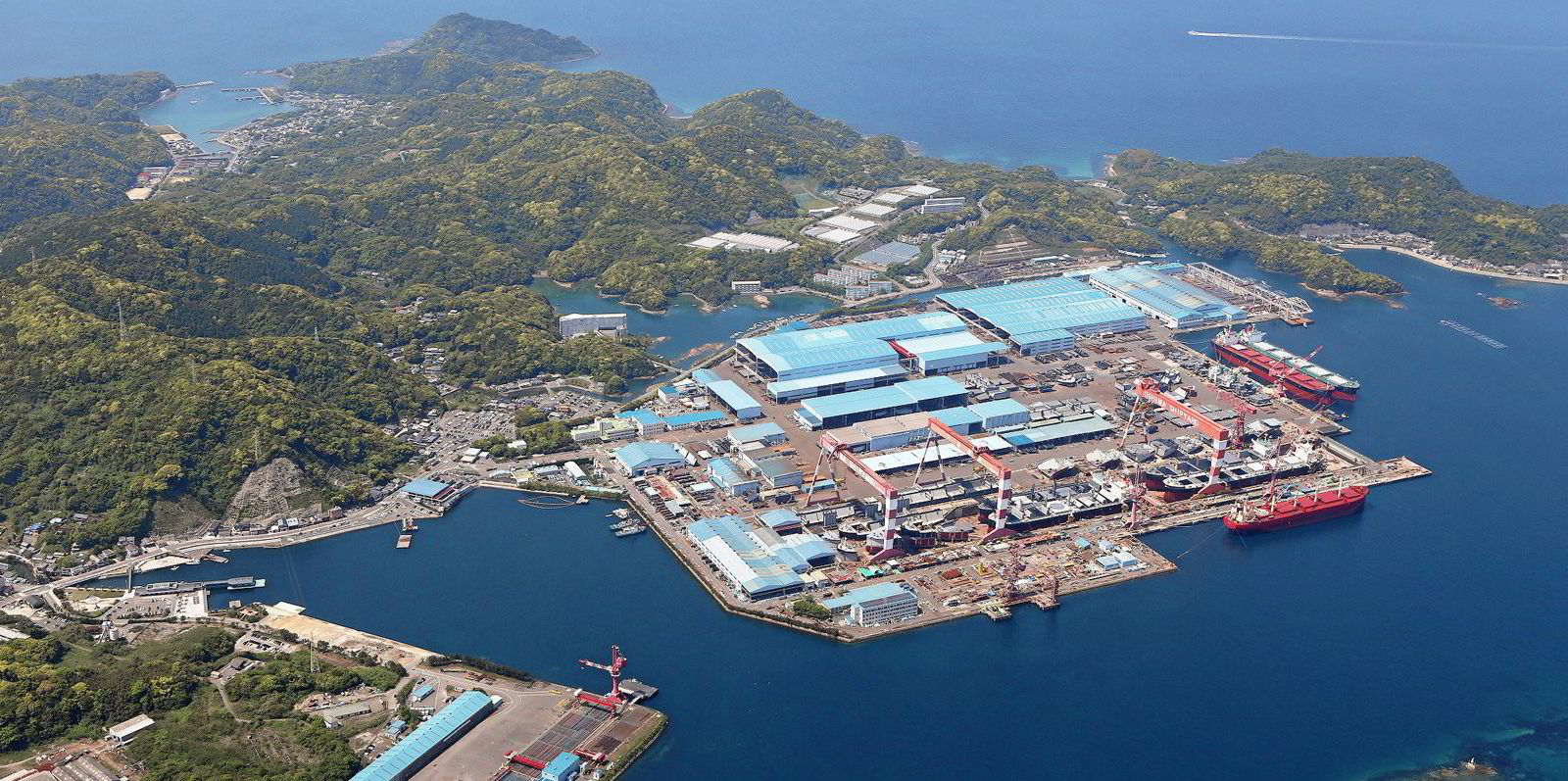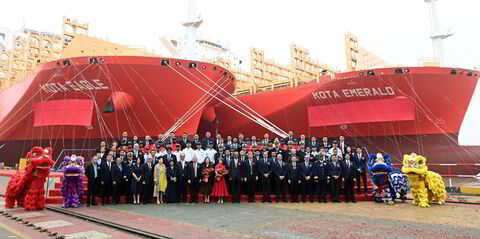When it comes to Greek shipping tradition, few names carry as much weight as the Carras family.
With a history going back to the 19th century, the clan is active in Piraeus through Carras (Hellas) — a bulker company led by Tatiana Petalas, the granddaughter of legendary founder John M Carras.
At the helm of the firm since 2008, Petalas has stuck to the conservative strategy that has been serving it well for decades: using its own cash to order quality ships operated for life rather than as speculation objects for short-term asset plays.
The recipe sounds simple enough. Applying it in practice, however, is easier said than done, particularly in a time of unprecedented upheaval and uncertainty in shipping markets.
In a rare interview granted to TradeWinds, Petalas describes her company’s environmental strategy as one of “striking the right balance between sustainability and operational efficiency”.
“The lack of clarity regarding both the preferred fuel and its reliable supply poses significant risks in terms of amortising additional costs,” she said.
This approach becomes evident in the company’s newbuilding programme of six conventionally fuelled bulkers since 2021 in Japan and China.
In 2020, Carras (Hellas) made the “strategic decision ... to shift away from older cape vessels and redirect investments towards modern, environmentally friendly tonnage, with the aim of gaining broader exposure to a wider range of cargoes and counterparties”, Petalas said.
The company was among the first Greek players to order bulker newbuildings at that early phase of the cycle.
Its choice of shipyard was equally groundbreaking.
Alongside Safe Bulkers, Carras (Hellas) was the first Greek firm to break open Oshima Shipbuilding for Hellenic business again, after decades in which the Japanese yard had refused to deal with players in Athens or Piraeus.
Carras’ long-standing relations with Sumitomo Corp — a major shareholder in Oshima — played a key part in unlocking the deal.

“We harboured hopes that their long-standing reluctance to accept orders from Greek counterparts might change,” Petalas said.
“When Sumitomo was discreetly approached in the summer of 2020 regarding potential interest in ordering kamsarmax vessels, we were both pleased and honoured by Oshima’s willingness to engage in detailed discussions.”
The contract for a pair of kamsarmaxes promptly followed in February 2021.
The shipowner followed up in the second quarter of 2022 with a pair of ultramaxes at the same yard.
“This decision was influenced by a positive market outlook, rapidly filling shipyards due to demand from container vessels and tankers, and the expectation that prices were unlikely to decrease soon, particularly considering rising inflationary input costs from shipyard operations,” Petalas said.
Its most recent move on the newbuilding front led the company for the first time to China.
In August 2023, Carras (Hellas) signed an order for two kamsarmaxes at Cosco Heavy Industry Yangzhou, due for delivery in 2026.
That decision was driven by similar considerations as the previous ones, plus the “attractive pricing in China compared to Japanese shipyards, as well as the advantage of the earlier delivery time of the newbuildings”, Petalas said.
The Cosco group, however, had been no stranger to the Greek company.
Carras (Hellas) managers such as president Captain Costas Liadis were familiar with the Chinese giant, repeatedly sending vessels to Cosco facilities for dry-docking and repairs.
Expansion on her mind
Petalas does not rule out extending her newbuilding drive in the future — possibly for new ship types, other than bulkers.
“Should there be an interesting opportunity in any sector, we will evaluate accordingly, as there is a strong desire to diversify beyond the dry bulk market, whether through stand-alone ventures or in collaboration with partners,” she said.
Carras (Hellas) is also engaged in biofuels.
A few weeks ago, its 60,200-dwt Aquataurus (built 2017) became the first vessel in the world to receive the American Bureau of Shipping’s Biofuel-1 class notation.
On top of that, the company has used biofuel on the 81,800-dwt Arietta Lily (built 2017) — a kamsarmax chartered to Viterra.
“Looking ahead, we foresee no obstacles to incorporating sustainable biofuel use by more vessels, especially with the EU future fuel initiative set to begin in January 2025,” Petalas said.
Biofuels are just one plank of the company’s strategy to prioritise eco-friendly options such as advanced paint technology and voyage optimisation tools, speed reduction measures and energy-saving technologies.
Petalas expects the momentum towards alternative fuels — thorough assessments of which the company has already carried out — to accelerate as we approach 2030.
Until then, however, she urges regulators not to put undue strain on the industry.
“While efforts to reduce greenhouse gas emissions are crucial, regulators must acknowledge that the burden cannot solely rest on shipowners — especially when the necessary technology or infrastructure may not currently be available to support their policies or may require significant industry-wide investment within mandated timelines,” she said.






